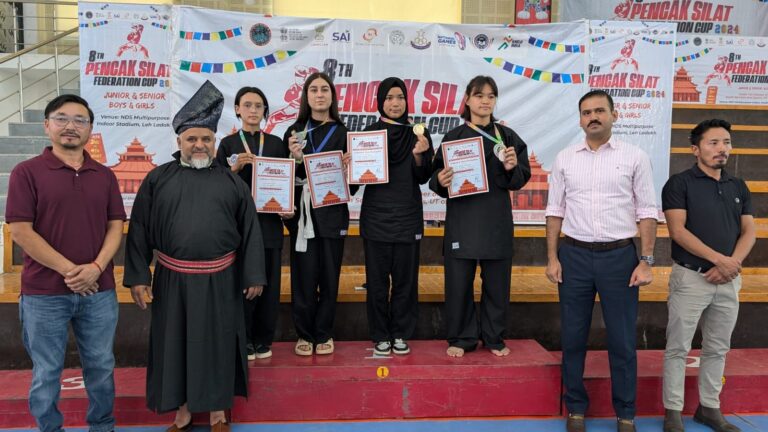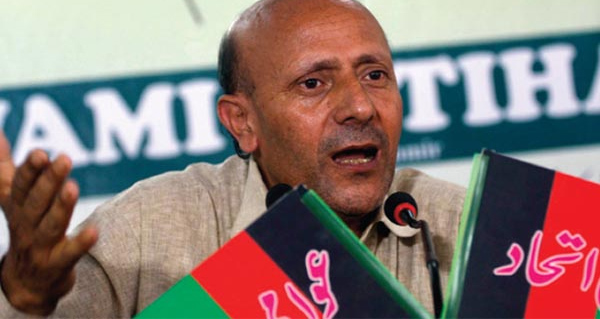A Landmark Judgement in Kashmir: Jammu Kashmir High Court Upholds Muslim Daughter’s Inheritance Rights in Case of Mst Mukhti
Introduction
In a historic decision, the High Court of Jammu, Kashmir, and Ladakh has brought much-needed attention to the issue of women’s inheritance rights in Kashmiri society. Justice Vinod Chatterji Koul’s recent ruling in favour of a Muslim woman’s descendants highlights the gap between Islamic law and societal practices in the region. The case sheds light on cultural biases that continue to deny women their lawful inheritance, despite clear guidelines in the Quran.
The Case of Mst Mukhti
The case centred around Mst Mukhti, a Muslim woman who sought her rightful inheritance from her father’s property in Zainakote, Srinagar. Despite a 1996 High Court judgement granting her one-third of the property, Mukhti and her heirs faced decades of resistance from administrative bodies and her own family.
Administrative and Judicial Failures
Mukhti’s battle for justice was prolonged by contradictory administrative orders that ignored the court’s decision. Justice Koul’s recent ruling quashed these orders and directed the Revenue Department to enforce the 1996 judgement within three months, highlighting the systemic failures in upholding women’s inheritance rights.
Islamic Law on Inheritance
Islamic law, as outlined in Surah An-Nisa, provides a clear and equitable system for inheritance. Daughters are entitled to a share of their parents’ property, albeit half that of sons. This system addresses historical injustices and ensures financial security for women.
Cultural Biases in Kashmiri Society
Despite being a Muslim-majority region, many in Kashmir fail to follow these Quranic guidelines. Justice Koul pointed out the selective adherence to Islamic practices, where rituals are observed but inheritance laws are often ignored. This cultural bias perpetuates inequality and undermines both religious principles and legal systems.
Mukhti’s Struggle
Mukhti’s brother resisted her claim, citing customary practices that favoured male heirs. Such resistance not only violated Islamic teachings but also led to decades-long legal battles, eroding familial trust and unity.
The Court’s Stand
The court’s judgement declared the administrative orders denying Mukhti’s heirs their rights as illegal and void. Justice Koul emphasised the need for authorities to uphold both constitutional and religious principles, ensuring timely justice for women.
Broader Implications
This ruling is a wake-up call for Kashmiri society to introspect and align its practices with Islamic teachings. Ignoring Quranic guidelines on inheritance perpetuates injustice and creates unnecessary societal discord.
Steps Towards Change
The judgement’s directive to implement the order within three months is a significant step towards delivering justice. It sends a strong message that deviation from Islamic law will not be tolerated, encouraging the community to abandon discriminatory customs.
A Call for Equality
Mukhti’s case highlights the need for broader societal change. By embracing the principles of equality and justice enshrined in Islamic law, Kashmiri Muslims can move towards a more harmonious and just society.
Conclusion
Justice Koul’s landmark ruling underscores the importance of enforcing women’s inheritance rights under Islamic law. It serves as a reminder that adherence to these principles is not optional. By addressing cultural and procedural barriers, the community can ensure justice, equality, and unity for future generations.
You Might Also Like:
Due to Heavy Snowfall in Kashmir Flight Operations On Hold at Srinagar Airport
First Snowfall of the Season Brings Relief and Disruptions Across Kashmir





